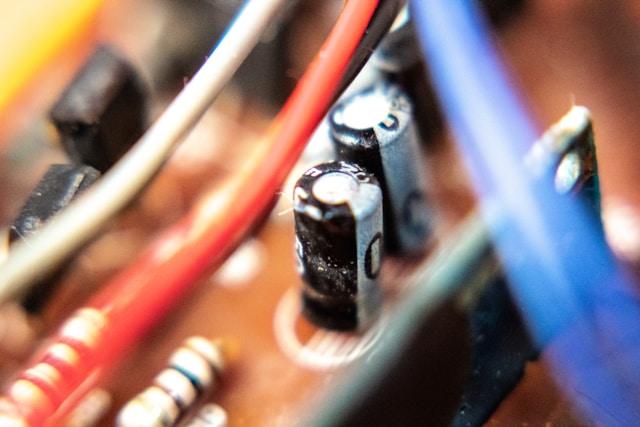The Future Electrician's Toolkit: Must-Have Electrical Training Equipment for Beginners
In today's rapidly evolving world, the demand for skilled electricians continues to grow. With advancements in technology and the increasing emphasis on sustainable energy solutions, the role of electricians has become more crucial than ever.
Whether you're considering a career in electrical work or looking to expand your skills as a seasoned professional, having the right toolkit is essential for success in the field. In this comprehensive guide, we'll explore the must-have electrical training equipment for beginners, providing you with the foundation you need to excel in this dynamic industry.
Safety Gear
Safety should always be the top priority when working with electricity. Essential safety gear includes insulated gloves, safety goggles, ear protection, and a hard hat. These items protect you from electrical shocks, burns, and other hazards commonly encountered on the job.
Multimeter
A multimeter is a versatile tool used to measure voltage, current, and resistance in electrical circuits. It's essential for troubleshooting issues, testing components, and ensuring proper electrical connections. Look for a multimeter with various functions, including continuity testing and diode testing.
Wire Strippers and Cutters
Wire strippers are used to remove the insulation from electrical wires, exposing the metal conductors underneath. This tool is indispensable for making clean and precise wire connections. Additionally, wire cutters are essential for cutting wires to the required length and removing excess material.
Screwdrivers
A set of screwdrivers with different sizes and types of tips is necessary for various tasks, such as installing outlets, switches, and electrical panels. Choose screwdrivers with insulated handles to prevent electrical shocks while working on live circuits.
Pliers
Pliers are versatile tools used for gripping, bending, and cutting wires. Lineman's pliers, needle-nose pliers, and combination pliers are essential for different tasks encountered in electrical work. Ensure they have insulated handles for safety.
Voltage Tester
A voltage tester is used to detect the presence of electrical voltage in wires and outlets. It helps ensure that circuits are de-energized before starting work, preventing accidents and injuries. Choose a voltage tester with both visual and audible indicators for added safety.
Circuit Breaker Finder
This tool is invaluable for locating circuit breakers and identifying the circuits they control. It simplifies troubleshooting tasks and allows electricians to work more efficiently by quickly isolating specific circuits.
Fish Tape
Fish tape is used to route and pull electrical wires through walls, conduit, and other confined spaces. It's an essential tool for installing new wiring or making repairs in residential and commercial buildings.
Conduit Benders
Conduit benders are used to shape metal conduit pipes for routing electrical wires in a neat and organized manner. They come in various sizes to accommodate different types of conduit, such as EMT (Electrical Metallic Tubing) and rigid metal conduit.
Electrical Tape and Wire Nuts
Electrical tape is used to insulate wire connections and provide protection against moisture and corrosion. Wire nuts are used to secure and join electrical wires together, ensuring reliable connections. Stock up on various sizes and colors to meet different needs.
Power Drill and Bits
A power drill is essential for drilling holes, driving screws, and performing other tasks in electrical installations. Invest in a high-quality drill with variable speed settings and a selection of drill bits and screwdriver bits for versatility.
Personal Protective Equipment (PPE)
In addition to safety gear, it's essential to wear appropriate PPE, such as flame-resistant clothing, steel-toed boots, and respiratory protection, when working in hazardous environments or with potentially dangerous materials.
Training Resources
Lastly, investing in educational resources such as textbooks, online courses, and hands-on training programs is crucial for developing the knowledge and skills required to succeed as an electrician. Stay updated on industry standards, codes, and best practices to ensure compliance and deliver high-quality workmanship.
Building a comprehensive toolkit is essential for aspiring electricians to succeed in the dynamic and challenging field of electrical work. By equipping yourself with the right tools and training resources, you'll be well-prepared to tackle any task and excel in your career. Remember to prioritize safety at all times and continue learning and refining your skills to stay ahead in this ever-evolving industry.

